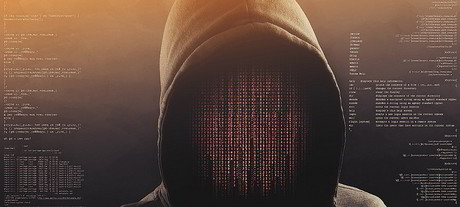Facebook acting like "digital gangsters": UK

Facebook and other such companies have been allowed to behave like “digital gangsters” of the online world, considering themselves to be and acting above the law, according to UK lawmakers.
The British Parliamentary Committee on Digital, Culture, Media and Sport has published the result of its inquiry into the role of social media companies in the spread of disinformation and online ‘fake news’.
The report found that Facebook and a handful of other major technology companies have been abusing their dominant market position to act like monopolies in their particular area. “Facebook, in particular, is unwilling to be accountable to regulators around the world,” the report states.
Meanwhile, the spread of propaganda and disinformation is threatening the very fabric of democracy, and a new regulatory approach is needed to address the dangers.
The report recommends that regulations be amended to establish a new category of “technology company” that tightens their legal liabilities for the publication of content on their platform which has been identified as harmful or illegal.
In addition, it recommends that a compulsory code of ethics be established for technology companies to follow, with compliance overseen by a new independent regulator. Companies would be held liable for not removing harmful content that was either flagged by their users or that should have been easy for the technology companies to identify as harmful.
The new regulator would have the power to launch legal proceedings against companies failing to comply with the code — seeking large fines as penalties — and to compel social media companies to provide any information that is necessary for the regulator to fulfil its watchdog functions.
Members of the public would be able to submit complaints to the regulator and request the initiation of investigations. The regulatory regime would be funded through a proposed levy on tech companies operating in the UK.
The report also slams Facebook for refusing to cooperate with this specific inquiry, noting that Mark Zuckerberg refused three times to give evidence to the committee.
“By choosing not to appear before the committee and by choosing not to respond personally to any of our invitations, Mark Zuckerberg has shown contempt towards both the UK Parliament and the ‘International Grand Committee’, involving members from nine legislatures from around the world,” the report states.
It highlights well-publicised incidents of attempted interference with the democratic process through the dissemination of fake news on Facebook, such as the suspected attempts by the Russian government to influence the outcome of the Brexit referendum and other elections in the UK as well as elsewhere.
As a result, the committee is also recommending that new regulations on digital political advertising be drawn up that would require absolute transparency in terms of who paid for, made and uploaded online political ads.
Please follow us and share on Twitter and Facebook. You can also subscribe for FREE to our weekly newsletter and quarterly magazine.
Driving data efficiency: three strategies for modern organisations
Achieving data efficiency is critical for sustaining organisational growth in the face of...
AI at scale demands a new approach to data resilience and privacy
Data Privacy Week is a timely reminder that taking control of your data is a strategic...
Australia's path to AI sovereignty lies in strategic control, not reinvention
Many argue that Australia's priority should be building sovereign AI infrastructure and...




